Project STEAMonEdu was presented by Prof. Achilles Kameas and Dr. Spyridon Papadakis during the scientific webinar “Integrating Computational Thinking-Computing and the Epistemology of STEM through the model of Computational Pedagogy”, which was organized by the Regional Educational Center of the Regional Directorate of Primary and Secondary Education of Western Greece. The event took place on 22 May 2020.
More than 450 participants, mostly educators, joined online, watched the presentations and participated in fruitful discussions regarding STEAM education.
Achilles Kameas, the scientific coordinator of the STEAMonEdu project, presented the aims and objectives of the project, focusing on the approach that puts educators, both from formal and non-formal education, at the center. He presented the expected project outcomes, which include online communities, competence-based tools, and tools for policy makers. Subsequently, Spyridon Papadakis presented the STEAMonEdu online community platform and provided the participants with all the necessary information on how educators, researchers or other stakeholders may participate in the STEAMonEdu community, as well as the benefits and opportunities of being an active member of it. Though this online community, members are supported to collaboratively design, create and share educational scenarios, while STEAM education best practices and policies are collected and used to inspire and stimulate innovation.
More than 450 participants, mostly educators, joined online, watched the presentations and participated in fruitful discussions regarding STEAM education.
Achilles Kameas, the scientific coordinator of the STEAMonEdu project, presented the aims and objectives of the project, focusing on the approach that puts educators, both from formal and non-formal education, at the center. He presented the expected project outcomes, which include online communities, competence-based tools, and tools for policy makers. Subsequently, Spyridon Papadakis presented the STEAMonEdu online community platform and provided the participants with all the necessary information on how educators, researchers or other stakeholders may participate in the STEAMonEdu community, as well as the benefits and opportunities of being an active member of it. Though this online community, members are supported to collaboratively design, create and share educational scenarios, while STEAM education best practices and policies are collected and used to inspire and stimulate innovation.
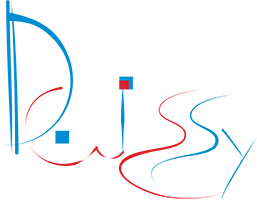
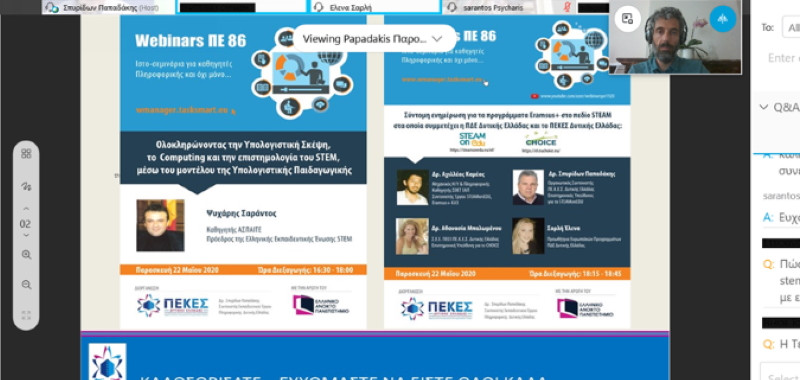
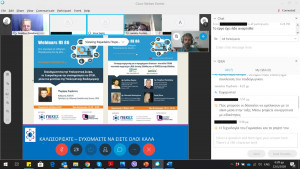
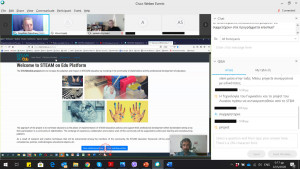
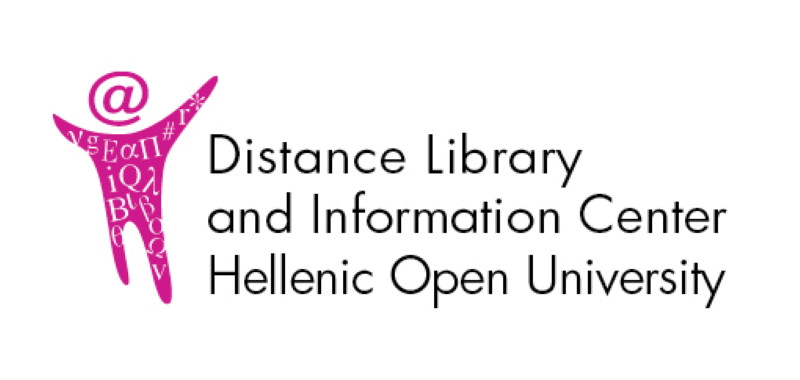
 DAISSy Research Group of the Hellenic Open University (HOU) (
DAISSy Research Group of the Hellenic Open University (HOU) (
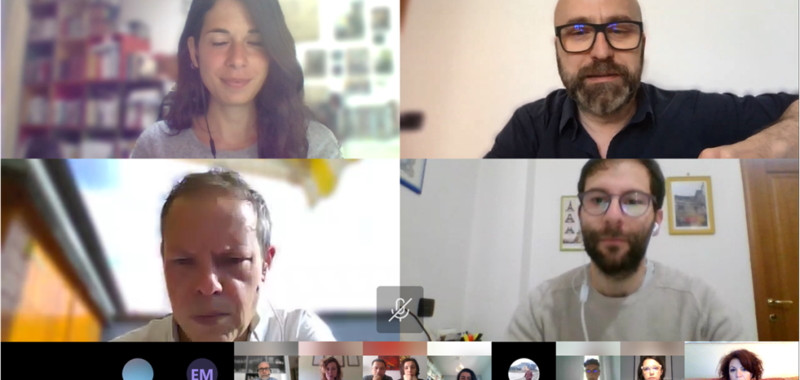
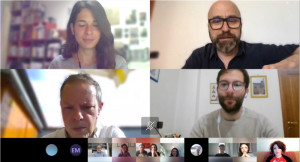
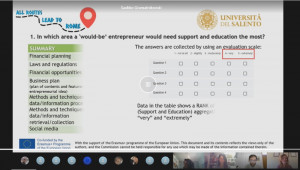
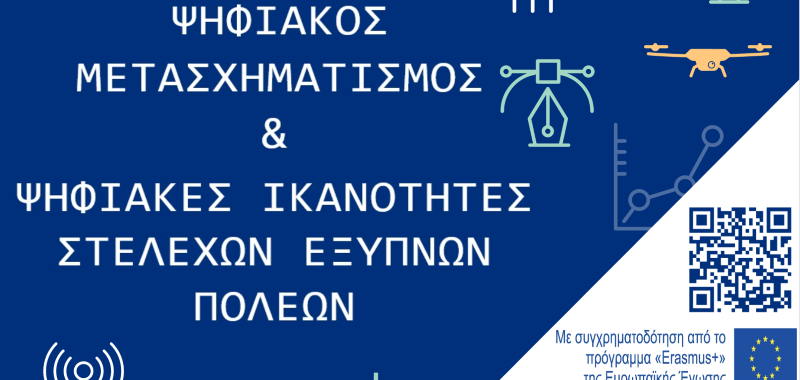
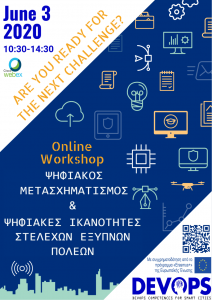 Με ιδιαίτερη χαρά σας προσκαλούμε στο online workshop με τίτλο
Με ιδιαίτερη χαρά σας προσκαλούμε στο online workshop με τίτλο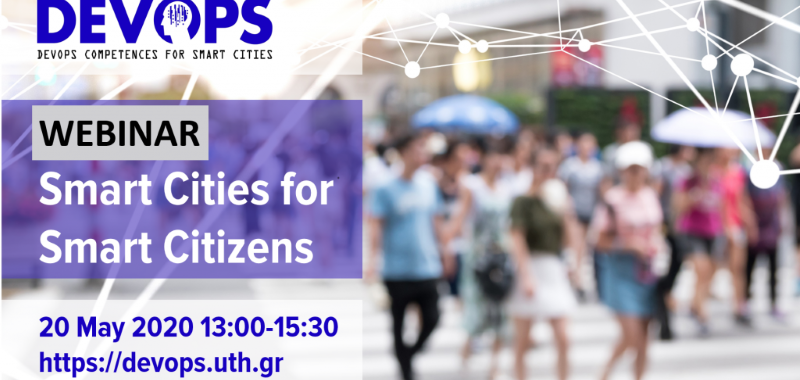
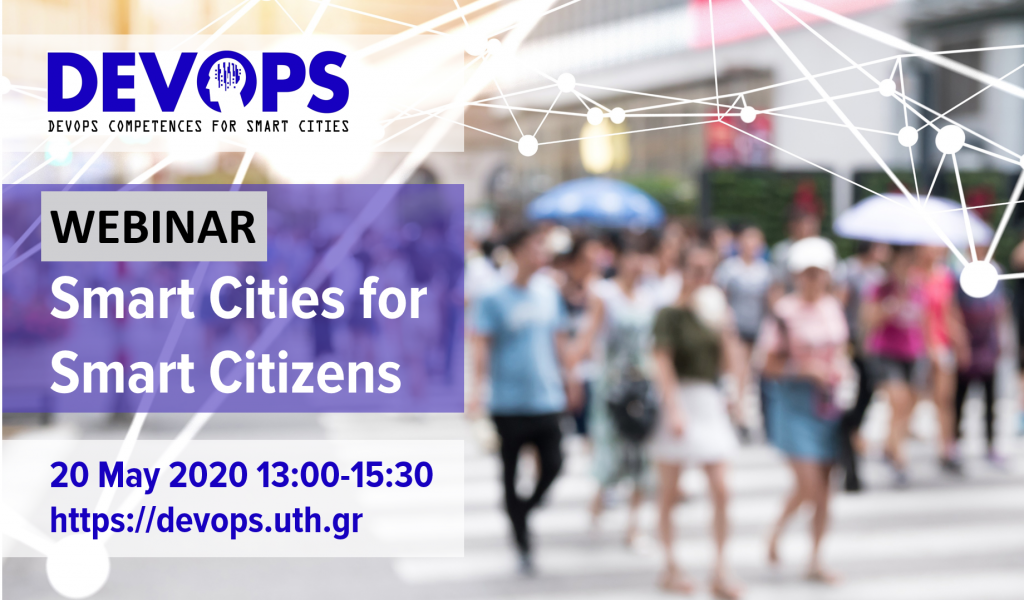 Theme: Smart Cities, DevOps
Theme: Smart Cities, DevOps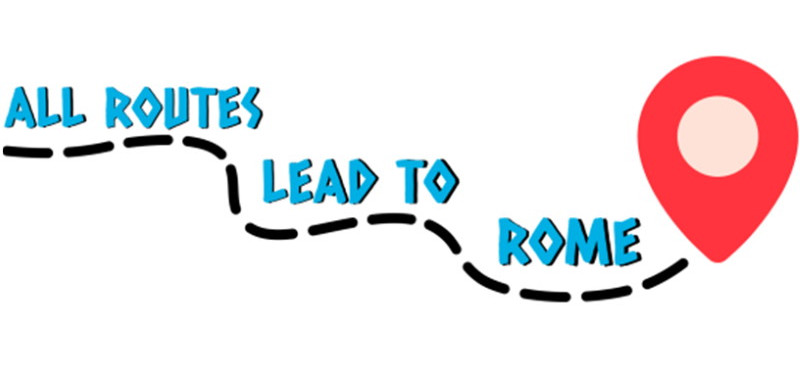

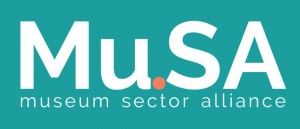 Εκ μέρους της ερευνητικής ομάδας
Εκ μέρους της ερευνητικής ομάδας 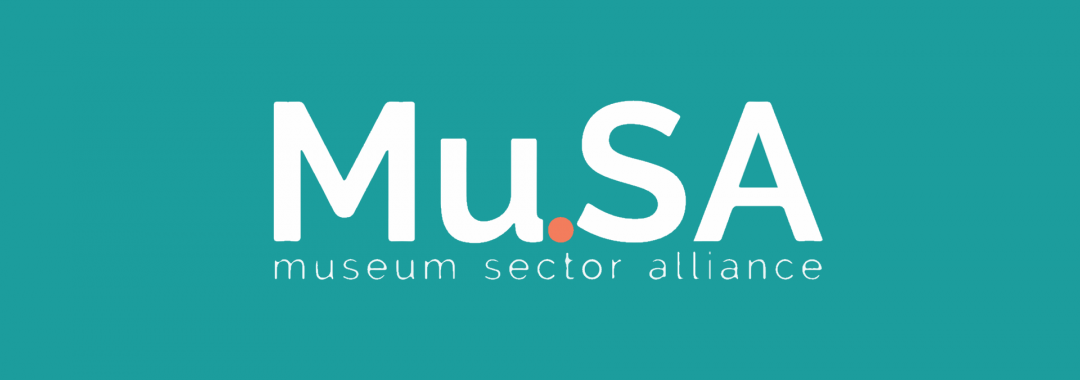
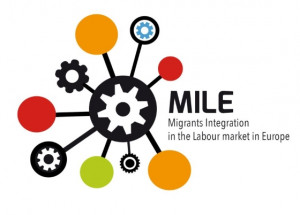
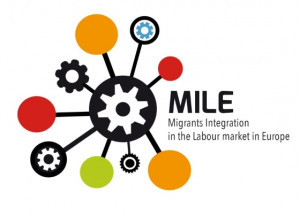 The Handbook is an easy-to-use tool for all employers and association of employers across Europe – including those who participated in the MILE capacity building – willing to gain more information and knowledge on how to promote diversity in their workplace and support the integration of migrants in their company.
The Handbook is an easy-to-use tool for all employers and association of employers across Europe – including those who participated in the MILE capacity building – willing to gain more information and knowledge on how to promote diversity in their workplace and support the integration of migrants in their company.